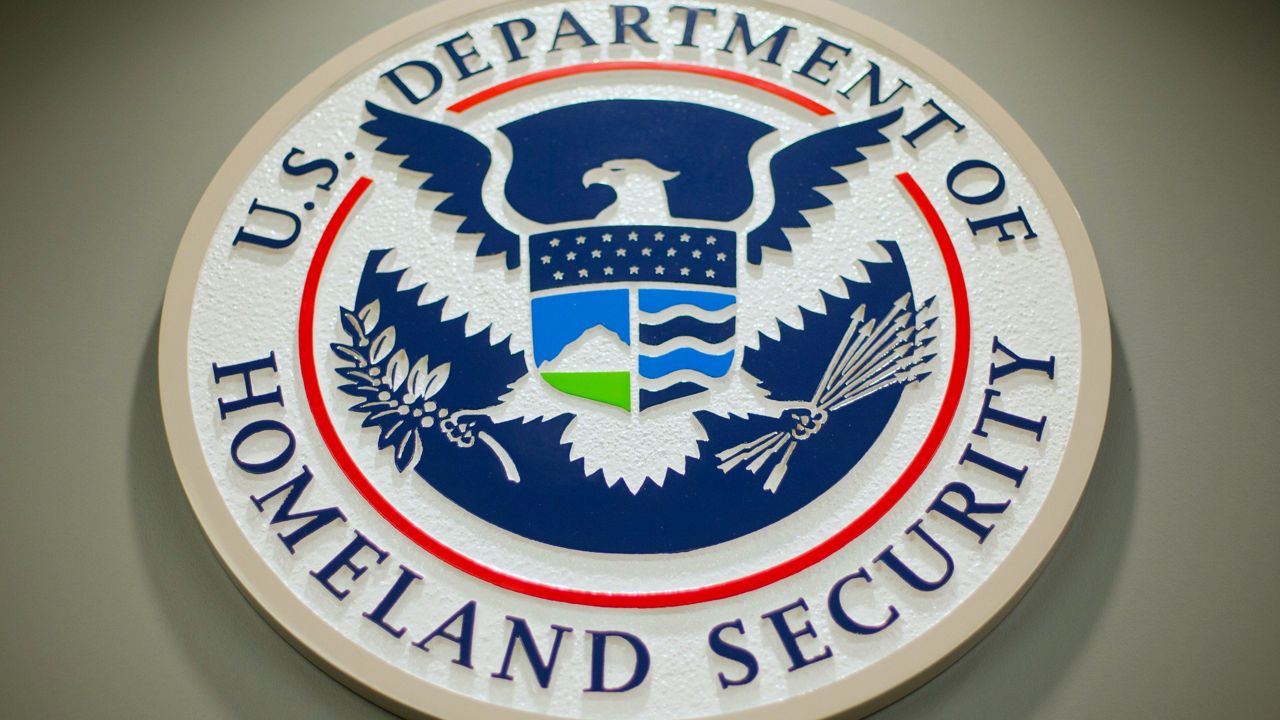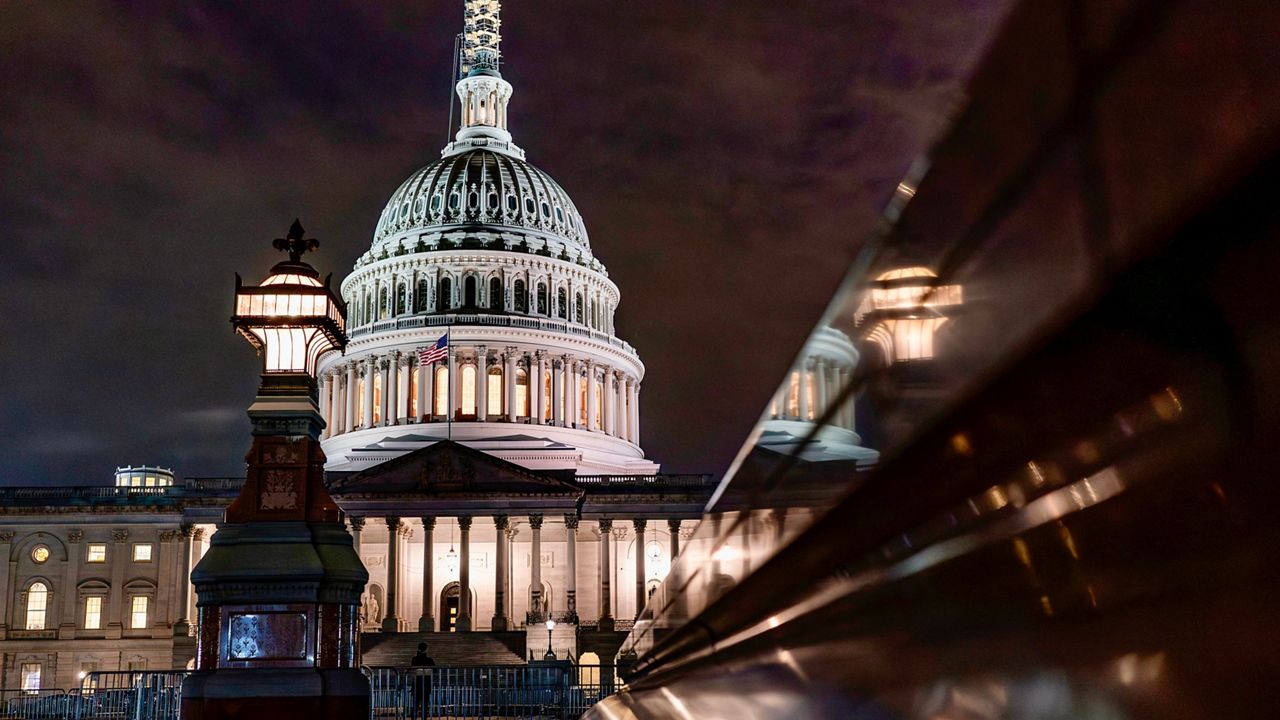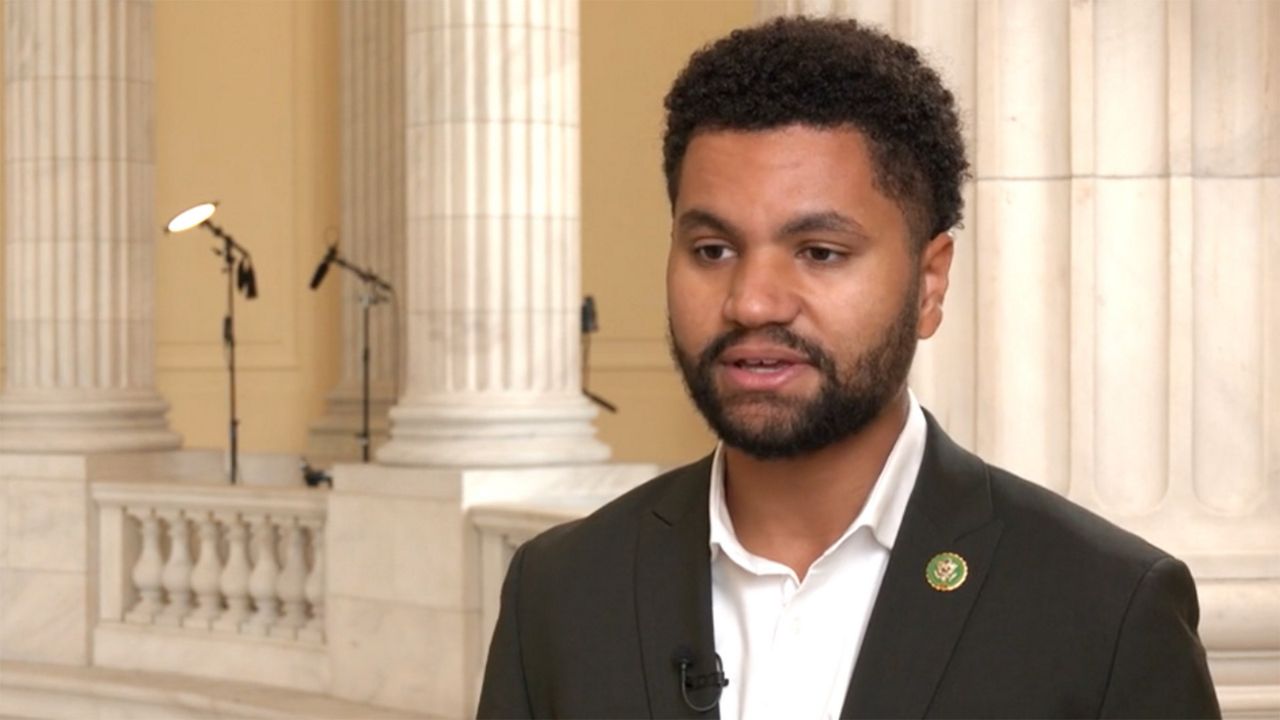Washington, D.C. — Since the Biden Administration instituted a new legal process for up to 30,000 nationals per month from Cuba, Haiti, Nicaragua, and Venezuela to come to the United States, government data shows the number of encounters of those using illegal means to enter continues to drop.
The program for nationals from the four countries allows them to stay in the US for up to two years and includes authorization to work if they fill out and meet all of the necessary criteria.
At the same time, it disqualifies those who use unlawful methods to enter. Immigration attorney Leon Fresco said it appears the program is working.
“The policy is working as intended where you’re seeing a dramatic reduction of Cuban nationals trying to go to the southwest border without permission,” said Holland & Knight Partner Leon Fresco.
According to data from U.S. Customs and Border Protection, Border Patrol encounters of Cuban nationals at the Southwest Land Border dropped from about 43-thousand in December before the policy was announced, to 176 in February.
The U.S. Coast Guard Southeast, which shares weekly wrap up on “crews patrolling the Florida Straits, Windward & Mona passes” said from March 3rd-10th Coast Guard crews repatriated or transferred 75 people to Cuba. That number was 420 January 20-27.
“Anecdotally, I can tell you that there are still people trying to come by sea that has not ended, but that number too is less than it was before,” Fresco said.
Fresco says demand for the legal program is strong, but that there are some challenges for those applying.
“The two biggest problems are finding a sponsor, having that sponsor be financially capable of applying for the person. And, secondly, how does one navigate the process where it’s the foreign national in Cuba that’s supposed to fill out the part for themselves? Do you wait to get internet and fill that out? Or do you just go ahead and do it for that foreign national,” he said.
Twenty states, including Texas and Florida, have filed a lawsuit against the Department of Homeland Security over the program.








)